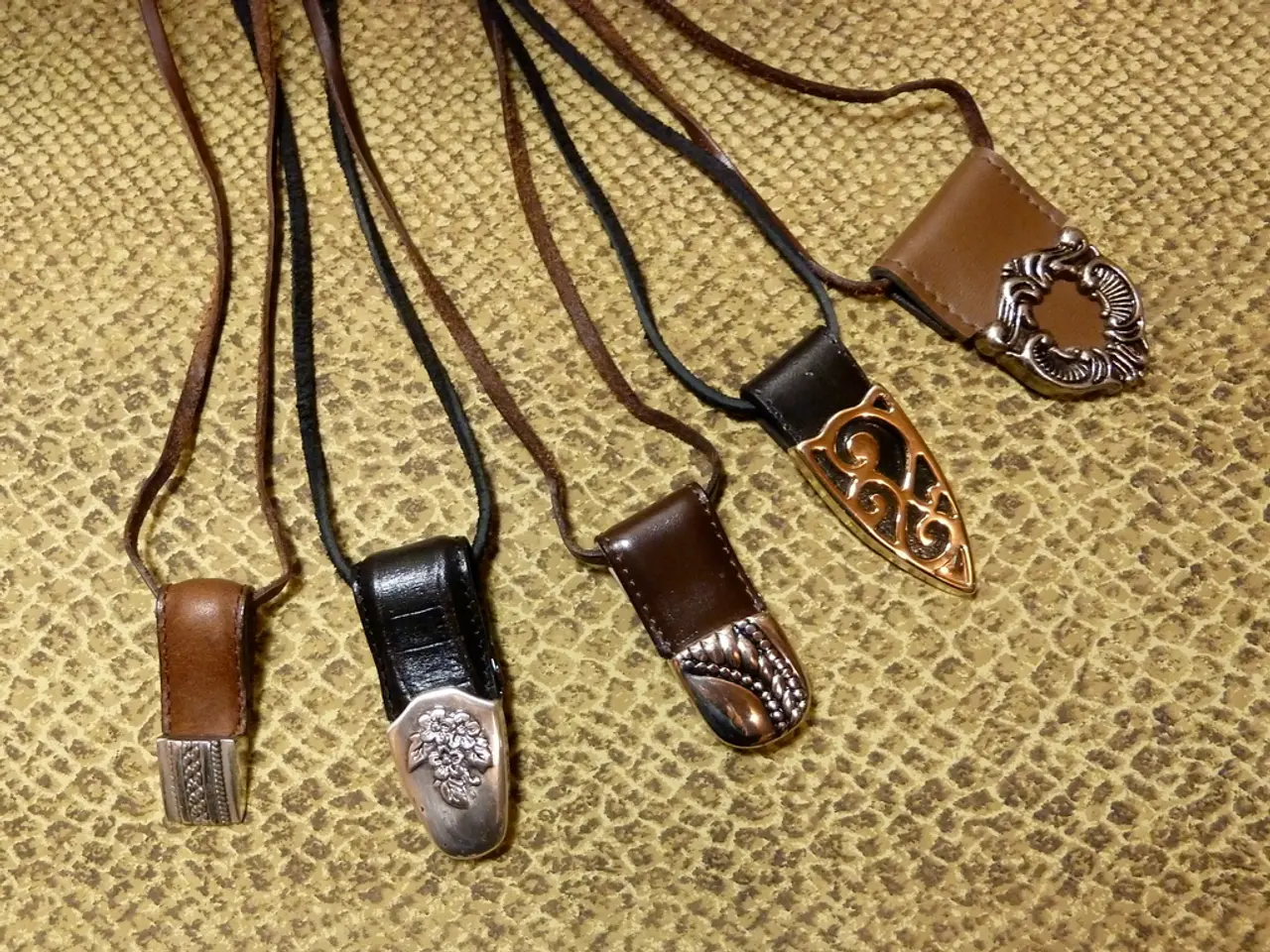Unveiling the Undisclosed Expenses when Transforming a Pastime into an Enterprise
Turning Your Hobby into a Business: A Double-Edged Sword
Embrace the thrill of making a living from your beloved pastime, or dread the transformation of a relaxing activity into a high-stakes hustle. That's the dilemma many face when they contemplate turning their hobby into a business. Let's dive in and examine the allure, the downsides, and what you should consider before taking the plunge.
The Bright Side of Cash for Craft
The prospect of earning a living from a hobby is a dream come true for many. The idea of waking up to work on what you love, setting your own schedule, and working for yourself is a huge draw. Bid farewell to bosses and stripping off the corporate attire; it's you, the task at hand, and a world of creative freedom.
One of the most appealing aspects is the independence. You call the shots on what to create, how to create it, and how to market it. Such autonomy brings immense satisfaction, allowing you to align your work with your values and vision.
Furthermore, turning a hobby into a business can connect you to a supportive, like-minded community. From customers who appreciate your work to fellow creators who share your passions, these connections can be source of motivation and inspiration.
Naturally, the financial rewards are not to be overlooked. Having your hobby validate itself as a worthwhile endeavor through earning income can be empowering. But making the change from hobbyist to business owner is filled with challenges that can alter your perspective on what was once a source of joy.
The Dark Side of Work for Passion
The truth of the matter is that monetizing your hobby can change your relationship with it. What was once a relaxing, enjoyable way to spend your time may become a grind. Running a business means juggling deadlines, competition, and the pressure to perform, even on days when creativity feels elusive.
Soon, you might find yourself focusing on the bottom line, agreeing to projects that don't excite you, and scaling at paces that don't always sit comfortably. The freedom you were seeking might not feel as liberating as you imagined.
Burnout is another risk. The emotional tax of constantly creating, even when you don't feel like it, can sap your energy and enthusiasm. It's not just the time and effort-it's the pressure to constantly produce, even if it means compromising the quality of your work or sacrificing your personal time.
Lastly, financial instability looms. Unlike a steady paycheck, hobby-based businesses can be unpredictable. Despite your talent and hard work, turning a profit isn't always straightforward, as income can ebb and flow.
Should You Sell or Keep Your Hobbies?
Not everyone thrives in this space. If you enjoy the business side (marketing, finances, networking), you may find the journey rewarding. It also helps if you can separate your love for the craft from your financial goals. However, if your hobby is an escape or a way to unwind, turning it into a job could rob it of its therapeutic value. If running a business stresses you out, it might be best to leave your hobby as a personal passion.
Alternatives to Cashing Out Your Creativity
Not ready to commit fully? That's perfectly okay! Embrace other avenues to share your passion without the pressure of financial dependence.
You could keep your hobby as a side hustle, allowing you to generate a little extra income without the full financial commitment. Alternatively, you might decide to share your work through collaborations with fellow creators or selling your work at local events. These options enable you to share your passion in a less pressurized environment, retaining the joy it brings.
In the end, it's up to you to decide what is best for you and your hobby. Whether you choose to capitalize on it, continue to enjoy it as a pastime, or find a middle ground, the important thing is that it remains a source of satisfaction and enjoyment in your life.
P.S. Ever wondered if you're cut out for running your own business? The Forbes Business Council is the go-to hub for growth and networking among business owners and leaders. Do you qualify? [insert link here]
Hope Horner, an American entrepreneur, found herself at a crossroads when she decided to turn her hobby into a business. She prioritized maintaining the independence and creative freedom offered by her hobby-based business while balancing the financial challenges and potential burnout that come with being an entrepreneur. Despite the risks, Horner's hobby validated itself as a valuable endeavor as she connected with like-minded individuals and encountered empowering financial rewards. However, she continued to question if the pressures of running a business were in harmony with her initial goals, reminding her that not everyone thrives in this space. In the spirit of exploring alternate paths, she considered keeping her hobby as a side hustle or collaborating with fellow creators, thereby sharing her passion in a less pressurized environment.






